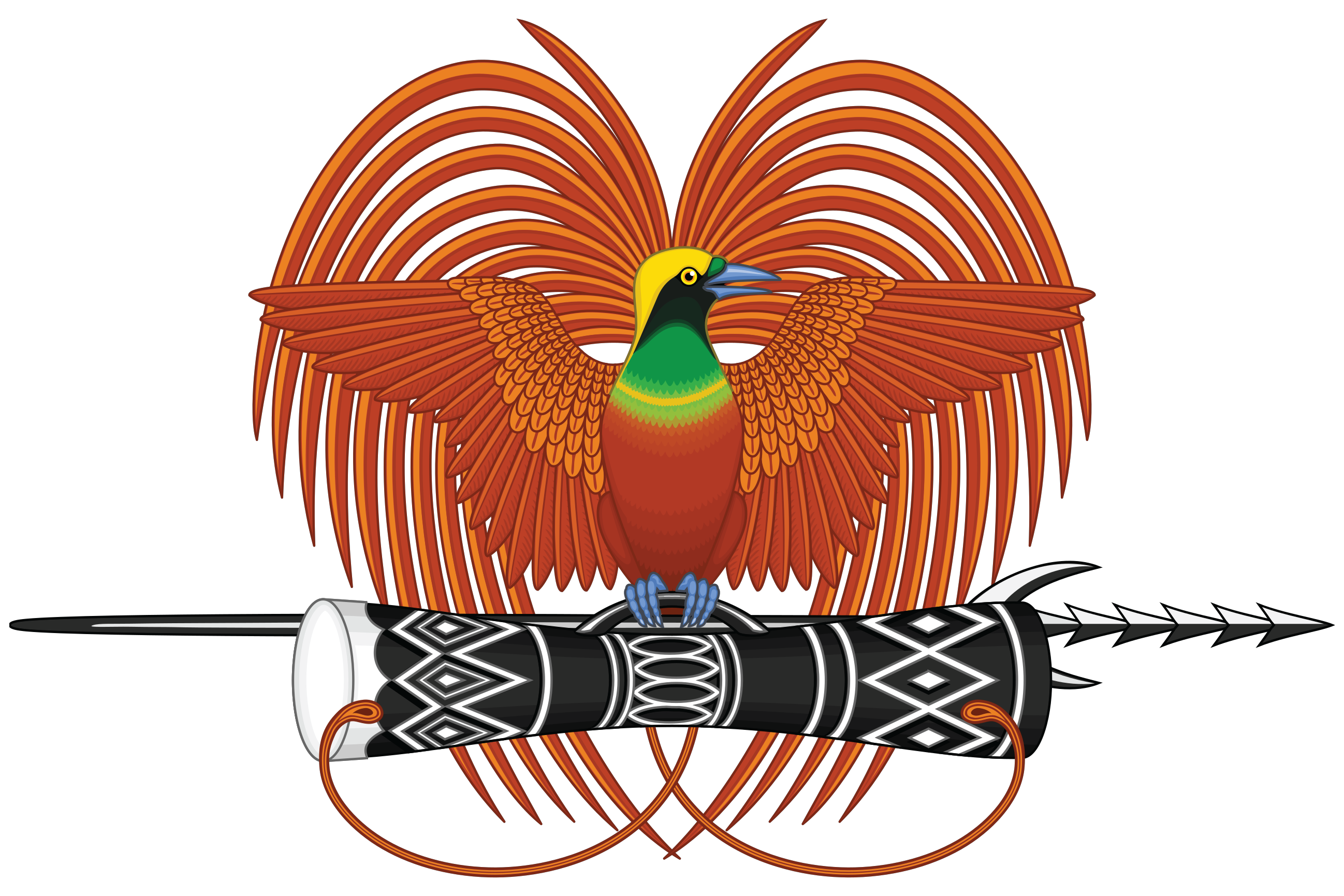FAO supports over 1,500 vanilla farmers with 60,000 disease-free vanilla vines for improved production and upscaled livelihood in Papua New Guinea
FAO-led EU-STREIT PNG provides 60,000 healthy vanilla cuttings from selected disease-free zones to increase production and improve quality of vanilla to support rural farming communities who depend on this crop for their income and wellbeing.

FAP treats vanilla vines before distribution among farmers in Papua New Guinea.
©FAO-STREIT
Wewak, Papua New Guinea - Food and Agriculture Organization of the United Nations (FAO), in an effort to increase the quality and quantity PNG Vanilla, provided 60,000 improved quality vanilla vines to more than 1,500 vanilla farmers in East and West Sepik provinces.
Sepik region of Papua New Guinea has a uniquely favourable agro-ecological environment for vanilla cultivation. The area also has a longstanding tradition in vanilla production which thousands of rural households depend on to support their well-being.
In order to tap this potential, FAO under the European Union-funded project (EU-STREIT PNG) is supporting agribusiness & value chain development, including vanilla, in the Sepik region. FAO provides inputs, tools and also develop the capacity of the farmers and agripreneurs to improve existing vanilla blocks, adopt Climate-Smart practices, and to improve skills in processing, packaging and marketing of vanilla products.
“Vanilla is the lifeline for many rural families, and FAO under the EU-STREIT PNG Programme, takes this initiative to support vanilla farmers and train them to adopt climate-smart practices, so that they can increase production to support their livelihoods from income derived from vanilla,” Explained Rabi Rasaily, the FAO Senior Agricultural Officer.
The Programme aims to source and provide 250,000 healthy vanilla vines to the farmers in the Sepiks. The most recent part of distribution were 10,000 vanilla cuttings from Karawari LLG of Angoram District, one of the areas identified and selected as disease-free, that were transported down the Sepik River to Mandi Village, Turubu LLG of Wewak District, East Sepik Province.
The vines were then treated by FAO-STREIT technical officers in a treatment shed established by the EU-STREIT PNG using “an insect repellent bio-solution developed by the Programme from basic materials such as Ginger and Garlic,” explained Nanda Siri, the FAO Vanilla Production Officer. Once treatment is done, the vanilla cuttings are distributed to female and male farmers operating under business groups supported by the Programme.
This was the sixth distribution of healthy vanilla vines totalling 60,000 so far. Farmers who have already received healthy cuttings are from Missim Village in Ambunti-Drekikier District, and Albinama and Amon Villages in Maprik District, all in East Sepik Province.
Benefitting farmers have already commenced cultivation of treated vanilla vines cuttings in their blocks. “We’re happy and looking forward to harvesting healthy beans,” said Jude Gamo, one of the leading vanilla farmers in Mandi village, while receiving treated vanilla vines during the distribution.
The EU-STREIT PNG Programme, being implemented as a UN Joint Programme (FAO as the leading agency, and ILO, ITU, UNCDF and UNDP as partners), is the largest grant-funded Programme of the European Union in the country and the Pacific region. The Programme aims to help improve the lives of the people from East Sepik and Sandaun provinces, by focusing on increasing sustainable and inclusive economic development of rural areas through improved economic returns and opportunities from cocoa, vanilla and fishery value chains while strengthening and improving the efficiency of value chain enablers, including the business environment and supporting sustainable, climate-resilient transport and energy infrastructure development.
Report
Vanilla
Under this Programme, a broad range of support and technical assistance is being undertaken to ensure that vanilla value chain is further developed.
Contact
Amir Khaleghiyan International Reporting and Communication Officer +675 8175 3146 [email protected]



